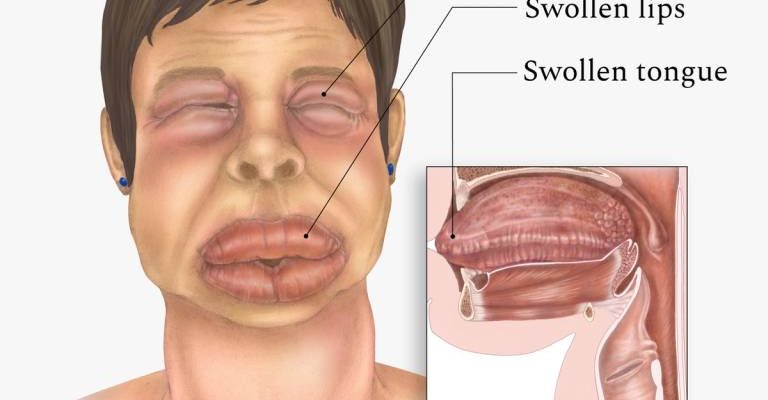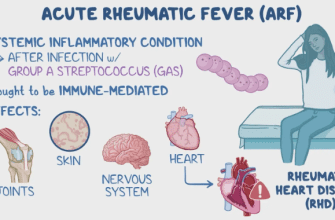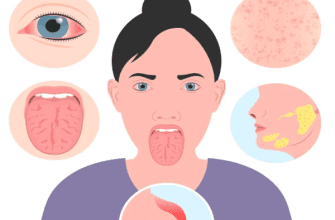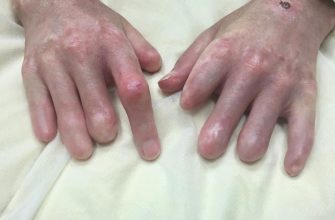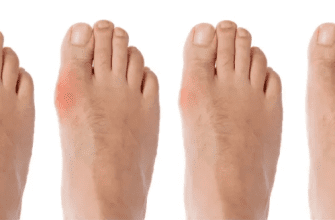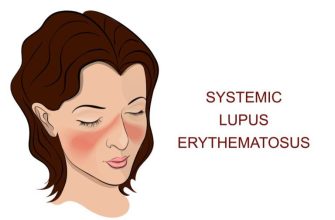What is Angioedema?
Angioedema is sudden swelling beneath the skin, often around the eyes, lips, hands, feet, or throat. It occurs due to fluid leakage from blood vessels and can be:
- Allergic (e.g., from food, medications, insect stings)
- Hereditary (HAE) (genetic, due to C1 inhibitor deficiency)
- Drug-induced (e.g., ACE inhibitors like lisinopril)
- Idiopathic (unknown cause)
Symptoms
- Swelling (face, lips, tongue, throat, limbs)
- No itching (unlike hives, but may occur together)
- Pain or warmth in swollen areas
- Hoarse voice or difficulty swallowing (if throat is affected)
- Abdominal pain (if intestinal swelling occurs)
Key Difference from Hives:
- Angioedema affects deeper layers of skin (not just surface redness).
- Swelling lasts longer (24–72 hours) than hives.
Diagnosis
- Medical History & Physical Exam
- Triggers (medications, foods, trauma)?
- Family history (hereditary angioedema)?
- Blood Tests
- C1 inhibitor levels (for HAE)
- Tryptase (if mast cell activation suspected)
- Allergy Testing (if allergic cause suspected)
Treatment
Acute Attacks (Emergency Care Needed for Throat Swelling!)
- Epinephrine (for severe allergic reactions; EpiPen®)
- Antihistamines (e.g., diphenhydramine)
- Corticosteroids (e.g., prednisone)
- C1 inhibitor concentrate (for HAE)
Chronic/Preventive Care
- Avoid triggers (e.g., ACE inhibitors, NSAIDs)
- HAE-specific drugs (e.g., icatibant, berotralstat)
- Antihistamines (for recurrent idiopathic cases)
Prevention
- HAE patients: Prophylactic medications (e.g., danazol).
- Allergy sufferers: Carry epinephrine, avoid known allergens.
- ACE inhibitor users: Switch to alternative blood pressure meds if recurrent.
Red Flags: When to Seek Emergency Care
Go to the ER immediately if:
- Throat/tongue swelling (risk of suffocation!)
- Difficulty breathing or speaking
- Fainting/dizziness (signs of low blood pressure)
- No improvement after epinephrine
